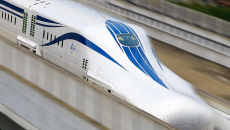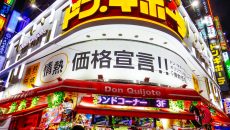Forbes recently published their annual list of the 50 wealthiest people in Japan, but who are they? And how did they get so rich?
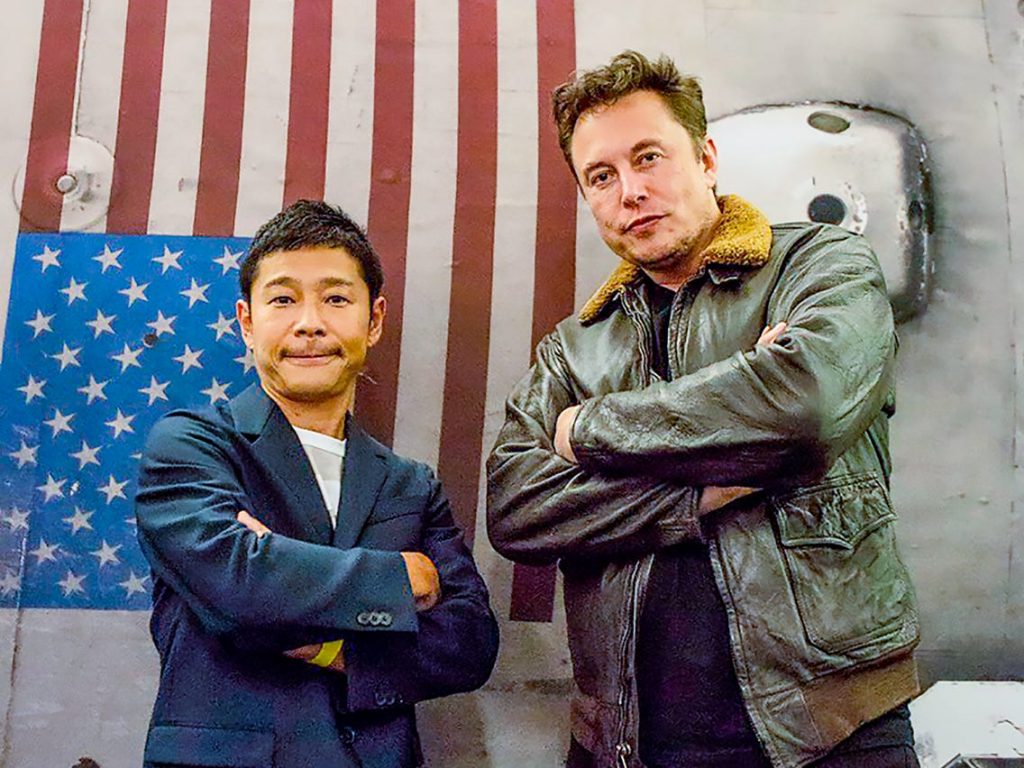
Like all of the wealthiest people in other parts of the world, this year’s crop of Japan’s “Richie Rich” club, who are called Okuman- choja in Japanese (億万長者), were able to increase the value of their nest eggs tremendously during the past year—despite the coronavirus. This is because a large portion of their wealth is in the form of liquid financial assets such as publicly traded stocks. The stock markets in Japan and worldwide have been generating outrageous returns, which have helped transform all of the country’s 50 wealthiest people into billionaires (in USD terms).
Almost all of the members of this exclusive club are men. Apart from a few husband and wife teams, the only three other women on the list inherited their vast wealth from their late husbands.
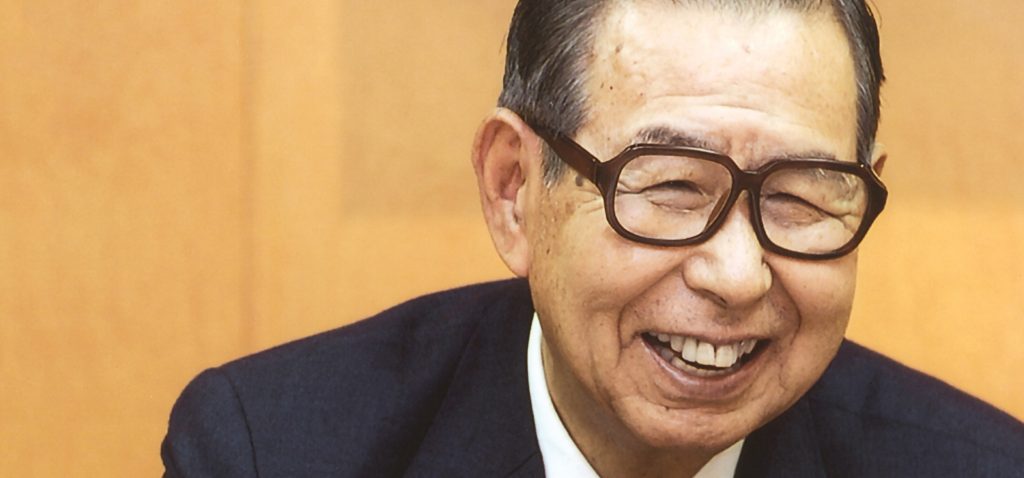
Another attribute of this elite group is that, for the most part, these guys are pretty old. The most elderly is 96 (#12 Masatoshi Ito, honorary chairman of Seven & I Holdings aka “7-11”), and he is just slightly older than the other two in their 90s who are on the list. The largest age cohort by decade is in their 70s, representing almost 35% of the total. There are, however, a few in their 40s. The youngest is 43 (#25 Shintaro Yamada, founder of Mercari, see below for more details).
The top two, #1 Masayoshi Son of SoftBank fame and #2 Tadashi Yanai, founder of Fast Retailing (Uniqlo), are household names.
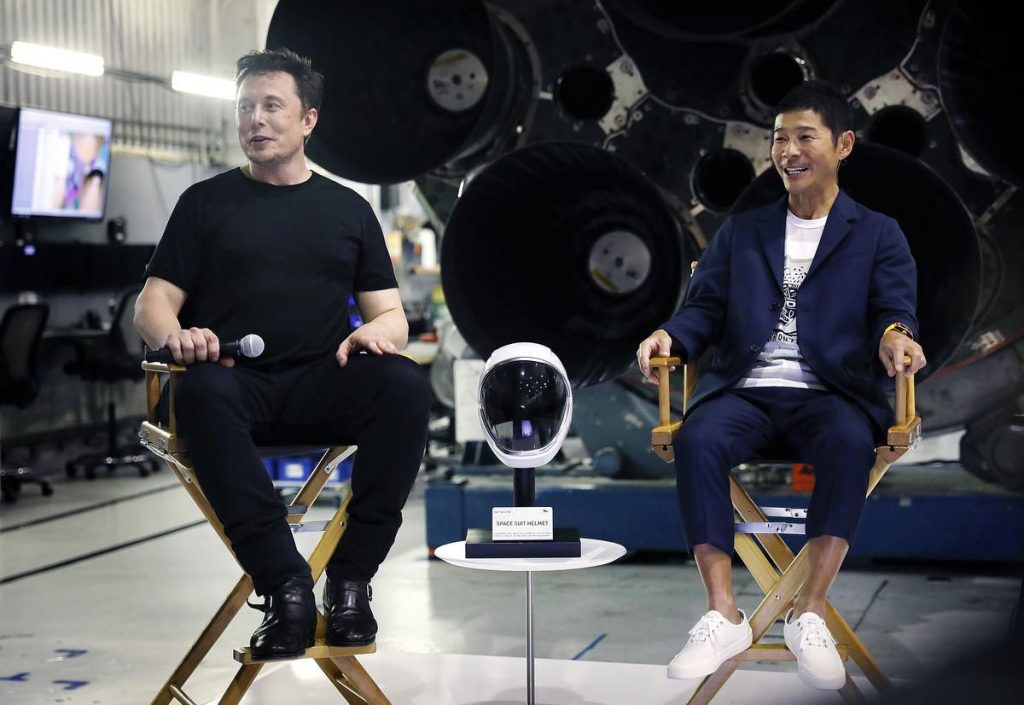
A few others, including #7 Hiroshi Mikitani (Rakuten) and #30 Yusaku Maezawa (former head of Zozo Town who will soon literally be voyaging to the moon), enjoy celebrity status and are, therefore, really not much of a surprise. For the most part, almost all of the others on this list are not widely known.
So, who are these people? How did they get so rich?
It turns out that it is possible to break them down into categories, including tech entrepreneurs, self-made retailers, pachinko moguls, other captains of industry, and those that became fabulously wealthy the old-fashioned way—by inheriting their money.
Tech Entrepreneurs
It is no surprise that the largest segment of Japan’s richest 50 people are involved in information technology.
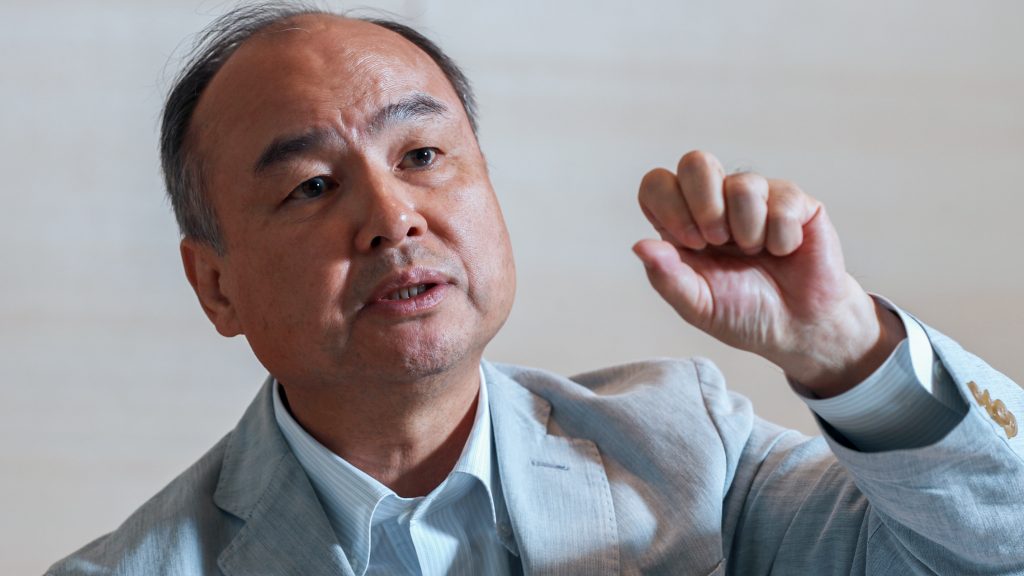
#1 Masayoshi Son is the founder and CEO of the SoftBank Group and has a net worth of approximately 4.9 trillion Japanese yen (approximately US $44.8 billion).
Although Son must be a born genius and possess tremendous ambition, he was not blessed with high social status at birth. Son was born in rural Saga Prefecture in the far southwest as a third-generation ethnic Korean, a group that faces significant discrimination in Japan. This certainly did not hold him back, but it probably encouraged him to leave Japan to pursue his education. At age 16, he moved to California to stay with relatives, where he petitioned the local high school to let him take the necessary exams to acquire a high school diploma right away. The whole process took him only two weeks! After that, he found a way to enter the University of California, Berkeley.
Legend has it that while still an engineering undergraduate, Son collaborated with some of his professors to develop an electronic translator which he sold to Sharp Corporation for almost US $2 million. He was, moreover, able to rely upon his natural entrepreneurial instincts to import used video game machines from Japan to install in the dorms on campus, which netted him more cash.
Upon returning to Japan, Son founded SoftBank in 1983 to distribute computers. Always a visionary, Son started this business with only two part-time workers who subsequently quit upon hearing his plans to grow annual sales from nothing to $75 million in only 5 years. That was a big mistake for those former part-timers, as Son exceeded his original financial goals by expanding his business into software distribution, publishing, network computing, and, eventually, into the telecom sector.
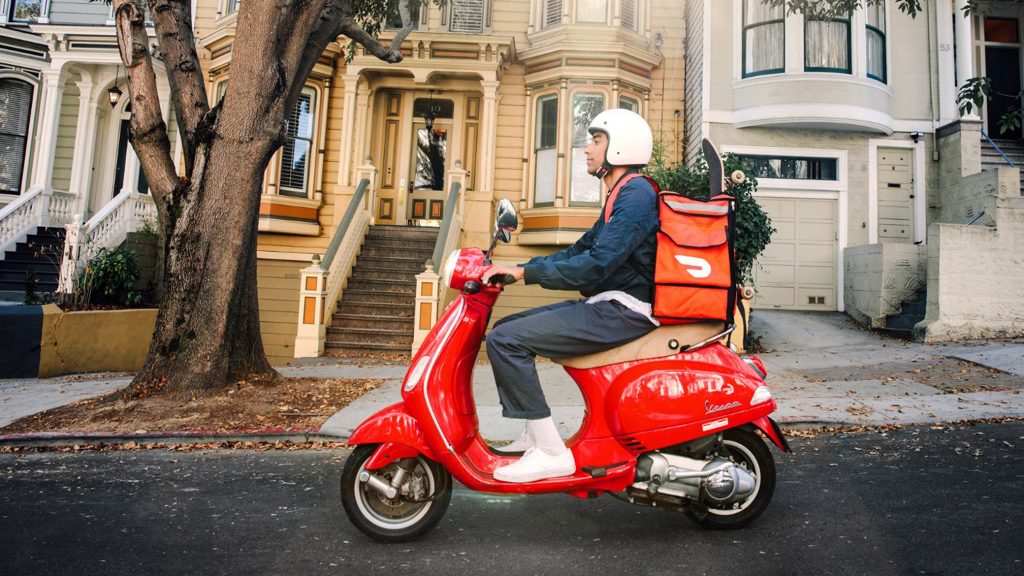
In addition to SoftBank, one of Japan’s largest mobile telecom services, Son now oversees the Vision Fund, which invests in more than 100 start-ups from ByteDance in China to Coupang in South Korea to Doordash in the U.S. to Oyo in India to Slack everywhere, etc.
There is no doubt that we all will be hearing a lot more from Son and his team of “visionaries” in the future.
While the list of other IT luminaries is too long to go into great detail, a couple of other notable stand-outs include the husband and wife team of #18 Yoichi and Keiko Erikawa, co-founders of the videogame developer Koei Tecmo Holdings.
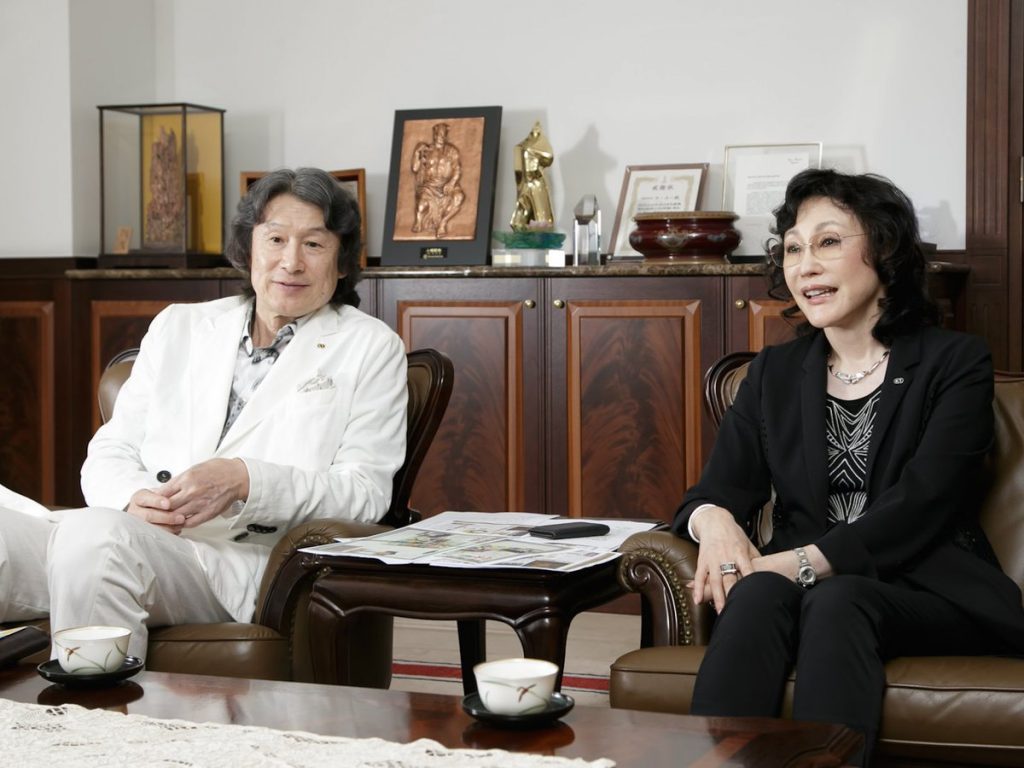
Video game enthusiasts will recognize this pair as the force behind Dynasty Warriors and Samurai Warriors. Right about the time when Son was getting going, the Erikawas launched their business which quickly transformed from mundane business software into exciting role-playing adventure games with knock-out graphics that were revolutionary at the time. The rest is history.
A younger member of the privileged subset of tech entrepreneurs about whom you will probably be hearing a lot more is #33 Susumu Fujita, who is still only 47.
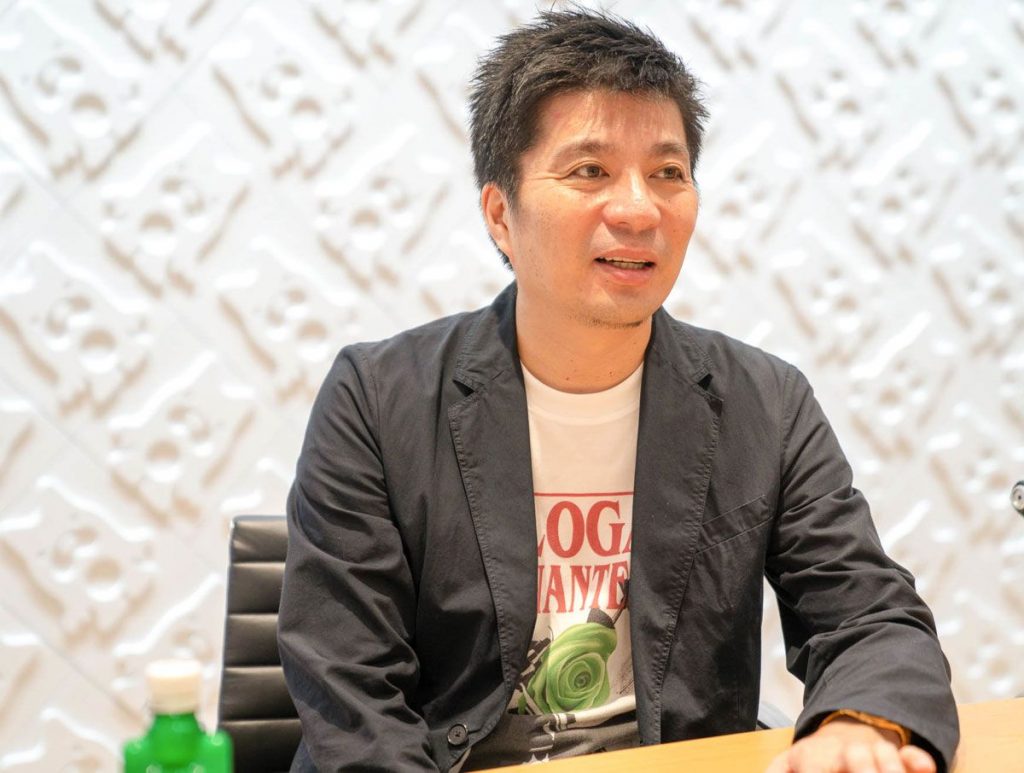
Fujita is the founder and representative director of CyberAgent, a digital advertising firm based in Tokyo. Subsidiaries include AbemaTV, an online television network, and videogame developer Cygames.
Other tech entrepreneurs include #3 Takemitsu Takizaki, founder of Keyence (electronic sensors), #5 Shigenobu Nagamori, founder of Nidec (motors for hard discs), #7 Hiroshi Mikitani, founder of Rakuten (e-commerce, etc.), #9 Yasumitsu Shigeta, founder of Hikari Tsushin (telecom), #11 Masahiro Noda, founder of Obic (software), #26 Yasuhiro Fukushima, founder of Square Enix (videogame developer), #36 Kagemasa Kozuki, founder of Konami Holdings (videogame developer), #39 Shigefumi Wada, founder of Obic Business Consultants (linked to #11), #45 Takanori Nakamura, founder of Rakus (cloud-based expense management system), and #49 Taichiro Motoe, founder of Bengo4.com (CloudSign electronic signature system).
Self-made Retailers
A somewhat surprising discovery was the realization that a significant number of entrants on the list are self-made retailers who hit it big.
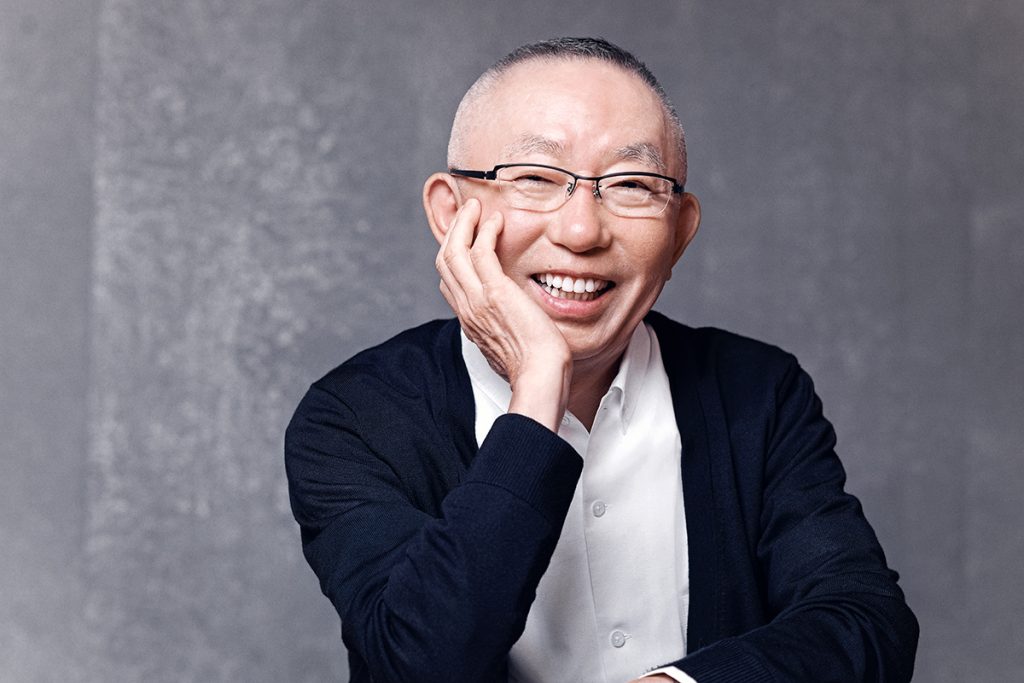
#2 Tadashi Yanai, founder of Fast Retailing (Uniqlo), has traded spots with #1 Son over the years, but now he has his sights on rivals H & M and Zara to become the world’s largest retailer. At present, the net worth of Yanai and his family is valued at 4.5 trillion JPY ($41.5 billion).
Like Son, Yanai is, curiously, also from the western part of the country and comes from a family which has also experienced discrimination. He has roots connected with burakumin, a segment of society at the bottom of the traditional social hierarchy that included executioners, undertakers, butchers, and tanners in feudal times. Like Son, with whom Yanai served for almost two decades as an independent director on the board of directors of SoftBank, Yanai certainly overcame this disadvantage and, perhaps, used it to his advantage.
Yanai started selling kitchenware and men’s clothing inside a supermarket before joining his father’s tailor shop. He opened his first Uniqlo shop in Hiroshima in 1984, and the rest is history.
#25 Shintaro Yamada, age 43, is the youngest on the list and founder of Mercari, an on-line auction site similar to eBay.
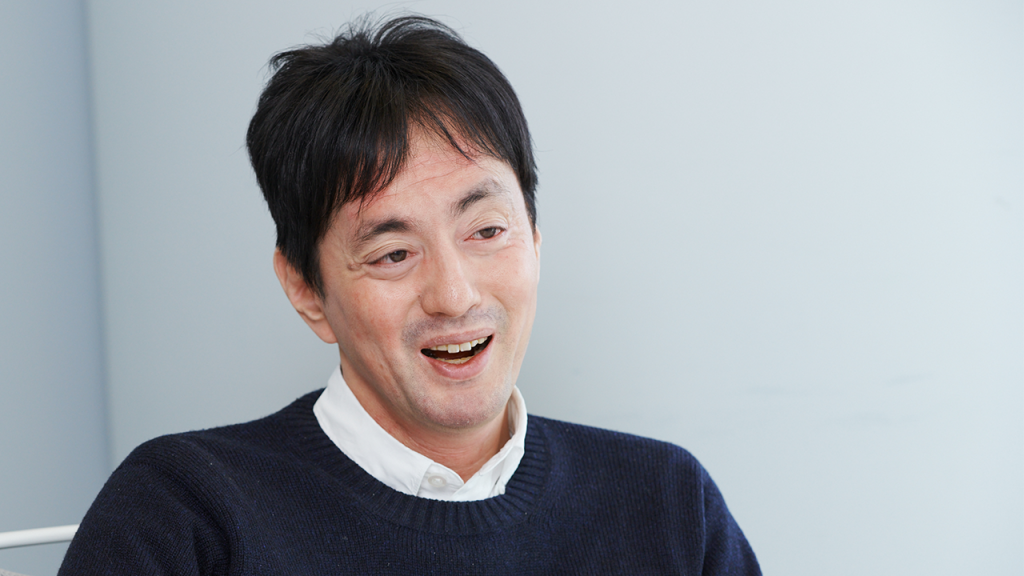
Yamada’s first job out of college was working at Rakuten (see #7 Hiroshi Mikitani) for which he developed an online auction service. In 2001 he founded the videogame developer Unoh, which he subsequently sold to Zynga in 2010.
Before co-founding Mercari in 2013, Yamada took a trip around the world with a focus on South America, Africa, India, and the Middle East, famously living on less than $5 per day. This experience provided him with a new perspective with which to view his own country upon returning to Japan and his fellow citizen’s attitudes toward used items. To this day Yamada remains deeply committed to helping developing nations leverage their limited resources to the greatest extent possible.
Mercari became the first Japanese company to achieve unicorn status (privately held start-up valued at more than $1 billion). Mercari went public in 2018 on the Mothers (market of high-growth and emerging stocks) section of the Tokyo Stock Exchange. It has benefited from enhanced web traffic during the ongoing global pandemic.
Other notable self-made retailers include #8 Akio Nitori, Founder of Nitori (Japanese version of Ikea), #12 Masahiro Noda, honorary chairman of 7 & I Holdings (7-11, see above), #13 Takao Yasuda, founder of discount retailer Pan Pacific International Holdings (Don Quijote), #15 Yoshio Tsuchiya, founder of Beisia Group (Workman heavy-duty clothing for construction sites), #16 Masahiro Miki, founder of ABC-Mart (discount shoes), #19 Masateru Uno, founder of Cosmos Pharmaceutical (chain of drugstores), #30 Yusaku Maezawa, the billionaire who will soon be going to the moon (see above) and founder of Zozo (online e-commerce site Zozotown), #37 Nobutoshi Shimamura, founder of Shimamura (discount retailer), #41 Hirokazu Sugiura, founder of Sugi Holdings (chain of drugstores), #43 Ryuji Arai, founder of Bic Camera (electronics store), and #48 Muneaki Masuda, founder of Tsutaya (Japan’s largest bookstore and movie/music/game rental company).
Pachinko
Pachinko, legalized gambling with pinball machines, is such a big business in Japan that it has spawned a significant number of entrants on the Forbes list.
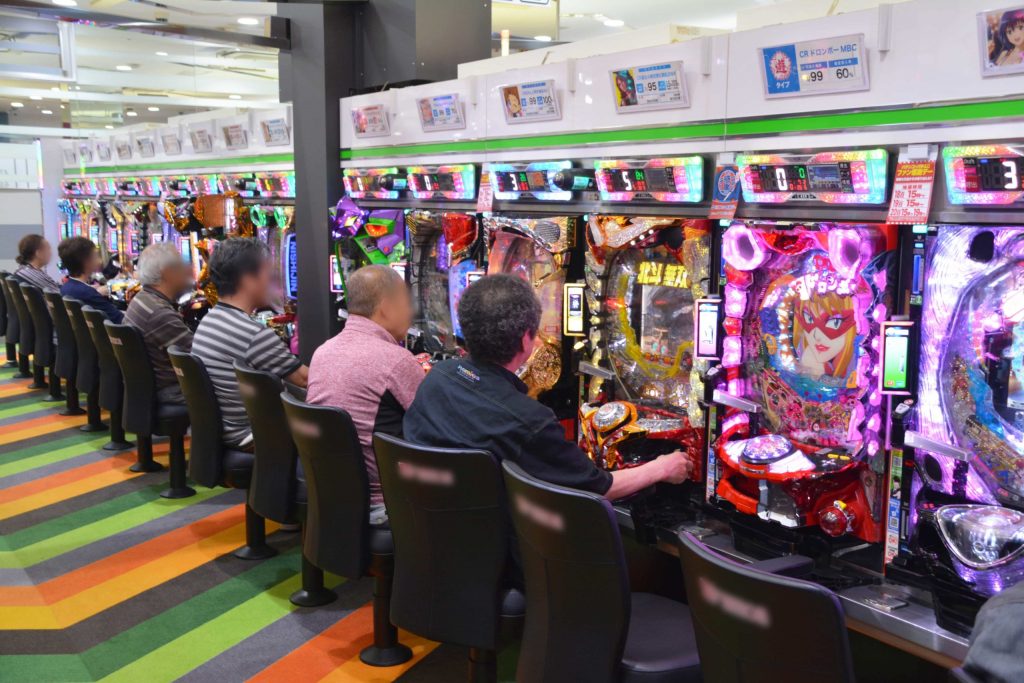
In addition to #10 Hideyuki Busujima, the son of the founder of Sankyo (pachinko machine), other high rollers include #31 Kazuo Okada, founder of Universal Entertainment which makes pachinko and casino equipment, #35 Chang-Woo Han, founder of Maruhan, the largest operator of pachinko parlors in Japan, and #50 Hajime Satomi, the founder of Sammy, a pachinko machine and videogame developer.
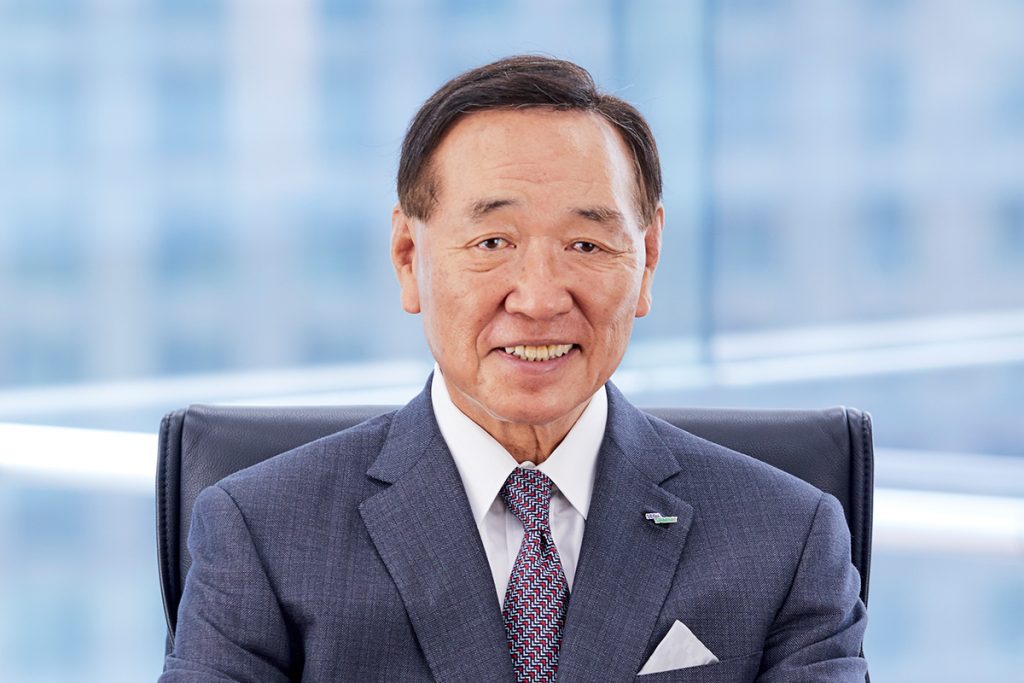
You may be more familiar with the son of Hajime Satomi, Haruki, who is the president and group COO of Sega Sammy. The firm acquired videogame developer Sega in 2004.
Other Captains of Industry
Other billionaires on the list include a wide range of captains of industry from the familiar fields of real estate development and fintech. There are, however, a few outliers.
#40 Itaru Tanimura founded M3, a headhunting firm for healthcare professionals, after working at the Long-Term Credit Bank of Japan and Sony. It now has a clientele of more than 6 million physicians around the world.

Other notable entrants in this category include 14 Akira Mori, chairman of the Mori Trust (commercial real estate development), #21 the Kinoshita Family including the chairman of Acom (consumer loans), #22 Katsumi Tada, founder of Daito Trust Construction (commercial real estate development), #23 Masaaki Arai, founder of Open House (upscale consumer real estate development), #34 Kentaro Ogawa, founder of Zensho (fast food and fast-casual restaurants including Sukiya, Big Boy and Jolly-Pasta), #46 Masaru Wasami, founder of the transportation and logistics company Maruwa Unyu Kikan who started with just a single truck, and #47 Shirou Terashita, president and CEO of investor and shareholder relations firm IR Japan Holdings.
Inherited Wealth…getting rich the old-fashion way
Some members of this elite club were literally born into it, while a few others gained entrance via marriage.
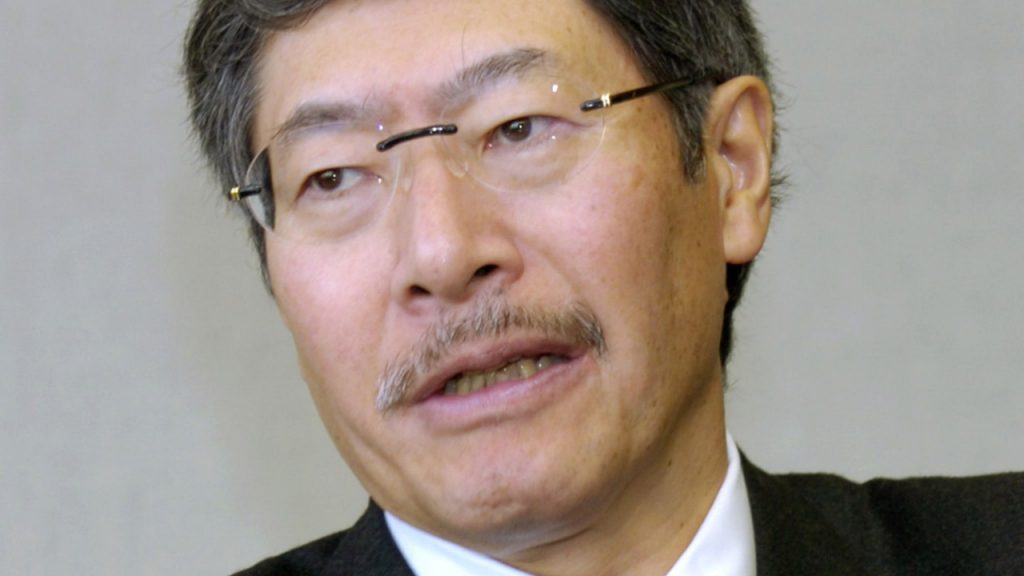
The list includes #4 Nobutada Saji, the great grandson of the founder of Suntory (whisky), #6 Takahisa Takahara, the son of the founder of Unicharm (diapers), #10 Hideyuki Busujima, the son of the founder of Sankyo (pachinko machines), #17 the Kobayashi Brothers, grandsons of the founder of Kose Cosmetics, #20 Yuji Otsuka, the son of the founder of Otsuka (office copier machines), #24 Eiichi Kuriwada, the son of the founder of Sagawa Express (courier service), #27 the Uchiyama Family, heirs of the founder of Lasertec (semiconductor production testing equipment), #28 the Tada Brothers, sons of the founder of Sundrug (chain of discount drugstores), #29 Hiroko Takei, the widow of the founder of TFK (consumer finance), #32 Kazumi Iida, the widow of the founder of Iida Group Holdings (homebuilder), #38 Chizuko and Michio Matsui, son-in-law and daughter of the founder of Matsui Securities, #42 Satoshi Suzuki, grandson of the founder of Pola Orbis Holdings (cosmetics), and #44 Yoshiko Mori, widow of the real estate tycoon Minoru Mori.
The Complete List
You can check out the complete list on your own: https://www.forbes.com/japan-billionaires/list/

Bottom Line
The stories behind many of these people are fascinating. In the land where the “the nail that sticks out gets hammered down,” (出る杭は打たれる “deru kui wa utareru” in Japanese), the Forbes list of Japan’s wealthiest people certainly seems to have a lot of “nails.” The list includes innovators, risk-takers, and real pioneers. It is almost the antithesis of the common perception of a hard-working Japanese “salaryman” who does his time and pays his dues while toiling away at the office. Apart from those who inherited their great wealth, most of these over-achievers seem to have more in common with Steve Jobs, Elon Musk, Larry Page, Sergey Brin, and Mark Zuckerberg. Most started with limited resources but had an overabundance of ambition and a clear vision of how to achieve their goals. Japan needs more of these people to survive in the 21st century.
Links to Other Sources: https://hbr.org/1992/01/japanese-style-entrepreneurship-an-interview-with-softbanks-ceo-masayoshi-son and https://www.nri.com/jp/news/newsrelease/lst/2020/cc/1221_1
Related Articles
Japan’s Maglev Train Project Faces Setbacks in Shizuoka
The President of JR Tokai, Shin Kaneko, has stated that it will be impossible for the maglev train to open by 2027 due to the ongoing issues in Shizuoka.
Major Japanese Retailers Step up Support for Ukrainian Refugees
Japanese corporations such as Don Quijote, Muji, and Uniqlo are behind major relief efforts to help displaced Ukrainian refugees.


